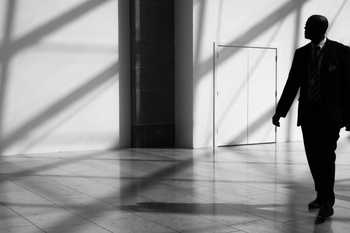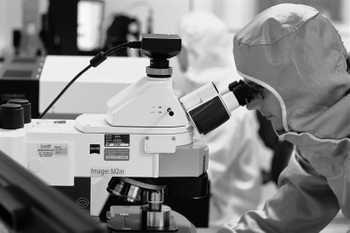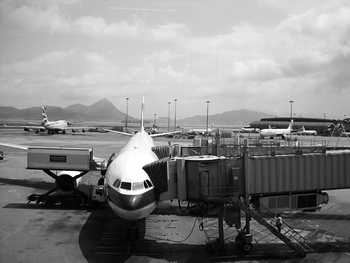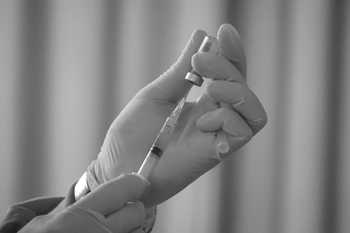In the hours after the Islamist terrorist attacks began in Paris, France on November 13, 2015, city governments across the U.S. ramped up their security postures while issuing statements that the measures were precautions not due to identified threats.
The New York Police Department (NYPD) deployed counterterrorism units to increase protection of the French Consulate and numerous tourist attractions across the city. The Port Authority of New York and New Jersey increased security at the World Trade Center, all of its rail facilities, bridges, and tunnels; and has tightened security checks of transit vehicles and passengers.
In Washington, DC the U.S. Capitol Police and Metropolitan Police departments have increased patrols and tightened security for high-profile venues, the French Embassy, and the Capitol Complex among others.
Major cities’ police departments, including those in San Francisco, Los Angeles, St. Louis, Chicago, Dallas, Pittsburgh, and Boston have augmented their security postures in similar manners. Additionally, U.S. sports entities including the National Basketball Association and the National Football League have added extra security layers at all venues.
Analyst comment:
Pinkerton finds that tighter security procedures and increased patrolling and visibility likely will continue for weeks to months; and port and airport security will remain stringent. Further, authorities in France have indicated that they have proof of more attacks in the planning process for European cities, making it likely that U.S. authorities will maintain high alert out of an abundance of caution. The effects on business operations likely will entail increased and more intensified inspections of cargo, passengers, baggage, and transportation vehicles and aircraft. This heightened security can be expected to cause daily delays in all modes of transportation, at least for the next several months.Prepared by: Victoria Allen, the United States





